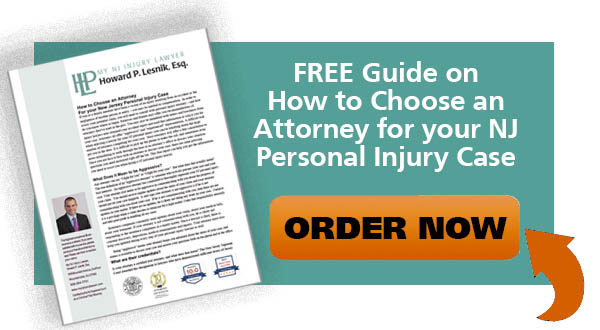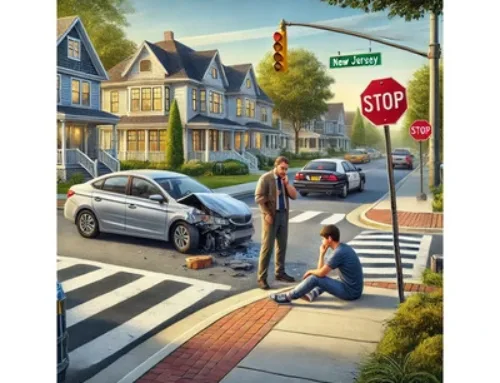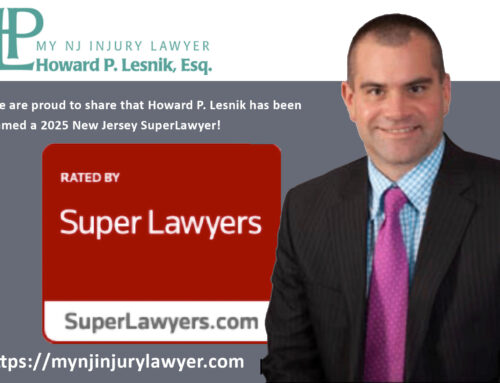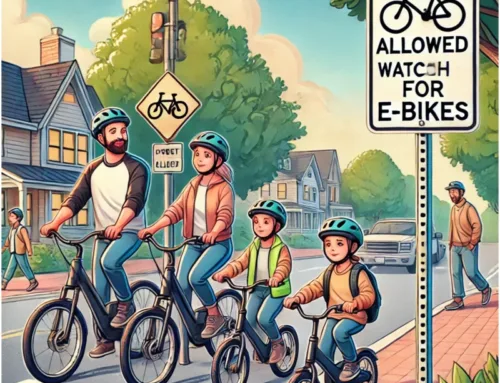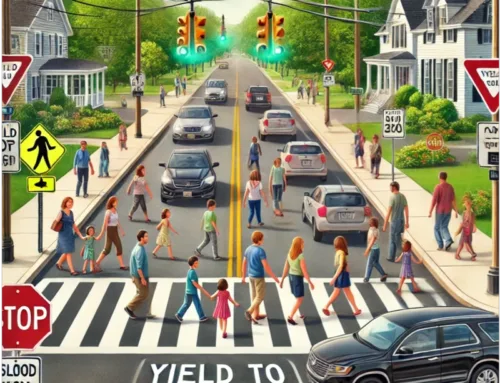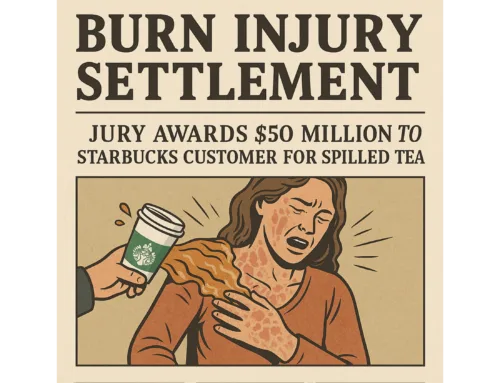 My 79-year-old client was walking on a sidewalk into her apartment after a heavy snowfall, when she slipped and fell on snow on the sidewalk into her apartment complex. This housing complex where she lived was owned by a public entity. On the date of the accident, apartment complex failed to remove snow and ice from the sidewalk and means of ingress and egress to her building. This dangerous condition caused my client to slip and fall that on snow and ice that had accumulated earlier in the day. As a result of the fall, my client landed hard on the snowy and icy ground and sustained a fracture to her right femur. She waited helpless on the freezing ground for approximately one-half hour until EMS personal arrived and transported her to the Emergency Room.
My 79-year-old client was walking on a sidewalk into her apartment after a heavy snowfall, when she slipped and fell on snow on the sidewalk into her apartment complex. This housing complex where she lived was owned by a public entity. On the date of the accident, apartment complex failed to remove snow and ice from the sidewalk and means of ingress and egress to her building. This dangerous condition caused my client to slip and fall that on snow and ice that had accumulated earlier in the day. As a result of the fall, my client landed hard on the snowy and icy ground and sustained a fracture to her right femur. She waited helpless on the freezing ground for approximately one-half hour until EMS personal arrived and transported her to the Emergency Room.
My client was admitted into the hospital and diagnosed with femur fracture. She was immediately placed in traction due to the severity of the trauma caused by this fracture. The injury required my client to undergo an open reduction and internal fixation of the right femoral shaft for the femur fracture. This significant injury required open reduction and numerous screws and plates were required to be implanted into my client’s right leg. The surgery also left my client with significant scarring on her leg. She also required intensive rehabilitation therapy for six weeks after her surgery.
When someone falls, it is important to determine exactly where she fell in order to figure out who is responsible for the sidewalk where my client fell. This sidewalk ran along property that was owned by both a public entity. Public entities are protected by the “Tort Claims Act” and the “Weather Immunity” which means they cannot be sued for weather such as ice and snow.
After I filed a complaint in Superior Court, the attorney for the apartment complex filed a motion for summary judgment and tried to dismiss the lawsuit pursuant to the Tort Claims Act immunity statute. The defendant tried to argue that since it was a public housing authority, it was immune from liability under the Tort Claim Act.
However, I was able to successfully argue in Court that public housing authorities are not immune from liability for their snow-removal activities. The Court agreed that the public housing complex was responsible as a landlord for maintaining the public sidewalk abutting their property in a reasonably good condition, including ice and snow removal.
After the court ruled that the public entity apartment complex could be held liable for the dangerous snow and ice condition, as I was able to reach a settlement that compensated my client for her pain, suffering and permanent injury, as well as reimburse all outstanding medical bills. My client also was a Medicare recipient and incurred over $120,000 in medical expenses from her surgery, physical therapy and rehabilitation. I was able to successfully negotiate the medical lien and it was reduced to $21,000 so my client could enjoy the net proceeds of her settlement for her pain and suffering.
Contact MyNJInjuryLawyer
Have questions? Need answers about an injury that occurred in New Jersey as a result of someone else’s negligence? If you or a loved one suffered an injury in an accident, you should contact an attorney familiar with handling these claims. My NJ Injury Lawyer Howard P. Lesnik, Esq. offers free strategy sessions to address any issue or questions you may have about your injury, medical bills or your accident claim.
Please contact NJ Injury Lawyer Howard Lesnik, Esq., immediately if you were involved in a pedestrian accident and were injured or suffered damages. I personally handle NJ personal injury cases on a regular basis. Please contact me now by email, by phoning 908.264.7701, or by completing the form to the right to schedule your complimentary 30-minute strategy session.


